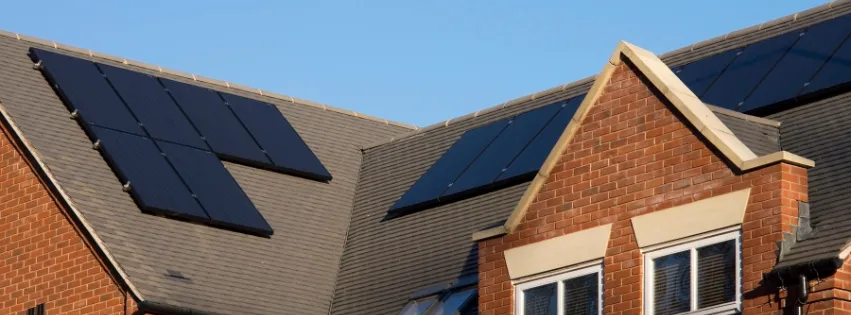
Pros and Cons of Solar Power - Is it Worth It?
Solar panels and solar power have become increasingly popular as a sustainable energy solution, offering a range of benefits alongside some notable challenges. Embracing solar energy provides significant environmental advantages, such as reducing carbon footprints and reliance on fossil fuels, while also offering substantial financial savings through lower electricity bills and government incentives.
However, the initial investment cost and variable energy production due to weather conditions can pose challenges. Additionally, considerations like space requirements and the environmental impact of manufacturing must be weighed. Despite these drawbacks, the long-term benefits of solar power make it an attractive option for those seeking energy independence and contributing to a greener planet.
Here are some pros and cons of solar panels and solar power:
Pros of Solar Power
1. Environmental Benefits:
- Renewable Energy Source: Solar power is a renewable resource, meaning it won't deplete over time.
- Reduces Carbon Footprint: Using solar power reduces greenhouse gas emissions and dependence on fossil fuels.
2. Financial Savings:
- Lower Electricity Bills: Solar panels can significantly reduce or even eliminate electricity bills.
- Tax Incentives and Rebates: Many governments offer incentives, such as tax credits and rebates, to encourage solar panel installation.
3. Energy Independence:
- Reduced Reliance on Grid: Solar power can reduce dependency on the traditional power grid, providing more energy independence.
- Protection from Rising Energy Costs: By generating your own electricity, you are less affected by increases in utility rates.
4. Low Maintenance:
- Minimal Maintenance Required: Solar panels require little maintenance, with many systems having warranties of 20-25 years.
5. Increased Property Value:
- Higher Home Value: Homes with solar panel systems can have higher property values and may sell faster than non-solar homes.
Ready to See How Much You Could Save?

Cons of Solar Power
1. High Initial Costs:
- Upfront Investment: The initial cost of purchasing and installing solar panels can be high, although prices have been decreasing over time.
- Financing and Payback Period: It may take several years to break even on the investment, depending on energy consumption and local energy prices.
2. Weather Dependent:
- Variable Energy Production: Solar power generation can be inconsistent, depending on weather conditions and daylight hours.
- Energy Storage Needs: To ensure a continuous power supply, especially during cloudy days or nighttime, energy storage solutions like batteries are required, which can add to costs.
3. Space Requirements:
- Large Roof or Land Area Needed: Adequate space is required for solar panel installation, which can be a limitation for some properties.
4. Environmental Impact of Manufacturing:
- Resource-Intensive Production: The manufacturing process of solar panels involves significant energy use and raw materials, which has its environmental impact.
5. Aesthetic Concerns:
- Appearance: Some people find the look of solar panels unappealing, which could affect the aesthetics of a property.
6. Limited Efficiency:
- Energy Conversion Efficiency: Solar panels typically convert only 15-20% of sunlight into electricity, making them less efficient compared to some other energy sources.
Solar power offers numerous environmental and financial benefits, including lower electricity bills, energy independence, and minimal maintenance. However, the high initial costs, variability in energy production, and space requirements can be significant drawbacks. Despite these cons, the long-term advantages often make solar power a worthwhile investment for many homeowners and businesses.

See how much you could save with Powur

Powur: Your solution to low cost, clean, reliable energy your family can depend on.
Financially Secure: Investor backed and Member owned
Experienced: Over 30,000 successful installations
Doing Well By Doing Good: Fully certified B-Corp
Validation: Inc. 5000 Fastest Growing Company in America
Impact Focused: Money from every installation goes to preserving millions of acres of the Amazon rainforest
Record Breaking: First solar company to offset 100% of the emissions from the solar manufacturing process





